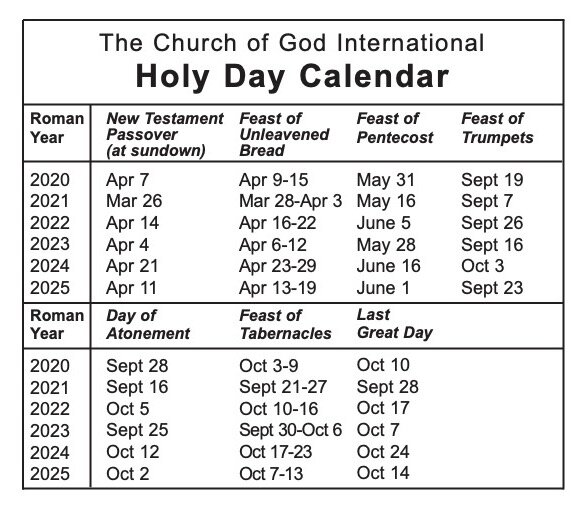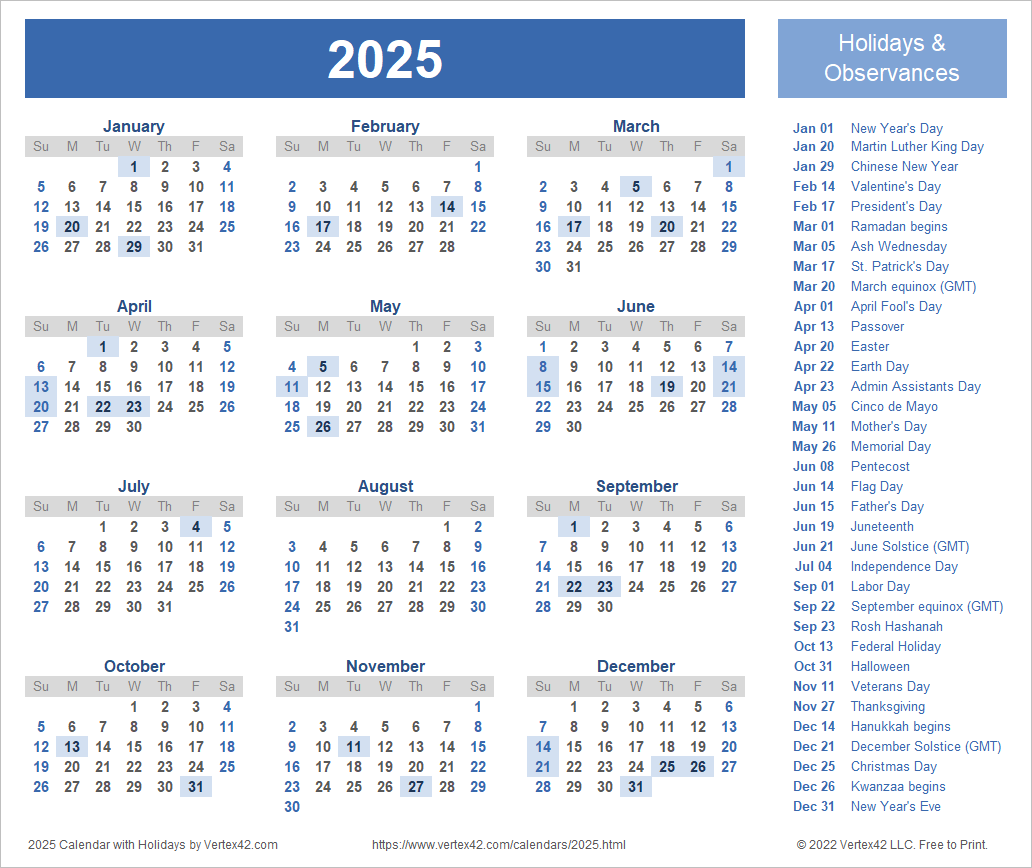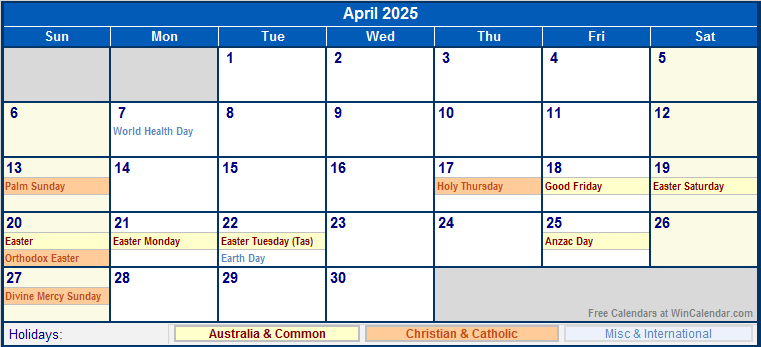Religious Holiday Calendar 2025
Religious Holiday Calendar 2025
Related Articles: Religious Holiday Calendar 2025
- Go Calendars 2025: A Comprehensive Guide
- OCPS 2025-2026 School Year Calendar: A Comprehensive Guide
- Malayala Manorama Calendar 2025: A Comprehensive Guide
- 2025 Calendar Printable In Word: A Comprehensive Guide To Customization And Printing
- 2025 Excel Calendar Free Download India: A Comprehensive Guide
Introduction
In this auspicious occasion, we are delighted to delve into the intriguing topic related to Religious Holiday Calendar 2025. Let’s weave interesting information and offer fresh perspectives to the readers.
Table of Content
Video about Religious Holiday Calendar 2025
Religious Holiday Calendar 2025

Introduction
Religious holidays play a significant role in the lives of billions of people around the world. They offer opportunities for spiritual reflection, cultural celebration, and communal gatherings. In 2025, there will be a diverse array of religious holidays observed across various faiths and traditions. This article provides a comprehensive calendar of religious holidays for 2025, including their dates, significance, and observances.
January
- January 1: New Year’s Day (Christian)
New Year’s Day marks the beginning of the Gregorian calendar year. It is a time for reflection, resolutions, and celebration. Many Christian denominations observe New Year’s Day with special services and prayers.
- January 19: Epiphany (Christian)
Epiphany commemorates the arrival of the Magi, or Three Wise Men, who visited the infant Jesus. This holiday is celebrated with parades, feasts, and the blessing of water.
February
- February 10: Ash Wednesday (Christian)
Ash Wednesday marks the beginning of the Christian season of Lent, a period of fasting and preparation leading up to Easter.
- February 22: Maha Shivaratri (Hindu)
Maha Shivaratri is one of the most important festivals in Hinduism. It celebrates the union of Lord Shiva and his consort, Parvati. Devotees offer prayers, fast, and perform rituals to honor Shiva.
March
- March 8: Holi (Hindu)
Holi is a vibrant festival of colors that celebrates the victory of good over evil. People throw colored powder and water at each other, creating a joyous and colorful atmosphere.
- March 20: Ostara (Pagan)
Ostara is a Pagan festival that marks the spring equinox. It celebrates the return of light and fertility after the winter months.
- March 29-April 5: Passover (Jewish)
Passover commemorates the liberation of the Israelites from slavery in Egypt. It is celebrated with a Seder meal, the reading of the Haggadah, and the eating of unleavened bread.
April
- April 5: Easter Sunday (Christian)
Easter Sunday is the most important Christian holiday, celebrating the resurrection of Jesus Christ. It is observed with church services, family gatherings, and the exchange of Easter eggs.
- April 14: Vaisakhi (Sikh)
Vaisakhi marks the founding of the Sikh religion and the harvest season in India. It is celebrated with processions, prayers, and the sharing of food.
May
- May 1: Beltane (Pagan)
Beltane is a Pagan festival that celebrates the arrival of summer. It is associated with fertility, love, and the blossoming of nature.
- May 15: Ascension Day (Christian)
Ascension Day commemorates the ascent of Jesus Christ into heaven. It is observed with church services and special prayers.
- May 24-25: Shavuot (Jewish)
Shavuot celebrates the giving of the Torah to Moses at Mount Sinai. It is observed with synagogue services, the reading of the Ten Commandments, and the eating of dairy products.
June
- June 21: Summer Solstice (Pagan)
The summer solstice is the longest day of the year. It is a time of celebration and ritual associated with the sun and nature.
- June 29: Feast of Saints Peter and Paul (Christian)
This feast day honors the apostles Peter and Paul, who are considered the founders of the Christian Church. It is observed with church services and processions.
July
- July 2: Ratha Yatra (Hindu)
Ratha Yatra is a festival that celebrates the journey of Lord Jagannath, his brother Balabhadra, and his sister Subhadra. Devotees pull large chariots carrying the deities through the streets.
- July 20: Eid al-Adha (Muslim)
Eid al-Adha is the second major Muslim holiday. It commemorates the willingness of the prophet Ibrahim to sacrifice his son Ismail. It is celebrated with prayers, animal sacrifices, and the sharing of meat.
August
- August 15: Assumption of Mary (Christian)
The Assumption of Mary celebrates the belief that the Virgin Mary was taken up into heaven both body and soul. It is observed with church services and processions.
- August 25: Ganesh Chaturthi (Hindu)
Ganesh Chaturthi celebrates the birth of Lord Ganesha, the elephant-headed deity of wisdom and good fortune. It is observed with prayers, offerings, and the immersion of Ganesha idols in water.
September
- September 21: Autumn Equinox (Pagan)
The autumn equinox marks the transition from summer to fall. It is a time of balance and reflection.
- September 27-October 4: Sukkot (Jewish)
Sukkot is a harvest festival that commemorates the Israelites’ journey through the desert after their liberation from Egypt. It is observed with the building of temporary shelters and the eating of special foods.
October
- October 31: Halloween (Pagan)
Halloween is a festival that originated with the ancient Celtic celebration of Samhain. It is associated with ghosts, witches, and trick-or-treating.
- October 31: Diwali (Hindu)
Diwali is the festival of lights that celebrates the victory of good over evil. It is observed with fireworks, feasts, and the lighting of lamps.
November
- November 1: All Saints’ Day (Christian)
All Saints’ Day honors all the saints who have died. It is observed with church services and prayers.
- November 2: All Souls’ Day (Christian)
All Souls’ Day commemorates the departed souls of the faithful. It is observed with prayers, visits to cemeteries, and the lighting of candles.
- November 26: Thanksgiving (Christian)
Thanksgiving is a holiday that expresses gratitude for the blessings of the past year. It is observed with family gatherings, feasts, and the sharing of food.
December
- December 8: Immaculate Conception (Christian)
The Immaculate Conception celebrates the belief that the Virgin Mary was conceived without original sin. It is observed with church services and processions.
- December 21: Winter Solstice (Pagan)
The winter solstice is the shortest day of the year. It is a time of introspection and renewal.
- December 25: Christmas Day (Christian)
Christmas Day celebrates the birth of Jesus Christ. It is observed with church services, family gatherings, and the exchange of gifts.
Conclusion
The religious holiday calendar for 2025 is a diverse and vibrant tapestry of traditions, beliefs, and celebrations. It is a reminder of the rich spiritual heritage of humanity and the importance of religious expression in our lives. By understanding and respecting the religious holidays of others, we foster a greater sense of unity, tolerance, and mutual respect in our communities and across the globe.







Closure
Thus, we hope this article has provided valuable insights into Religious Holiday Calendar 2025. We thank you for taking the time to read this article. See you in our next article!